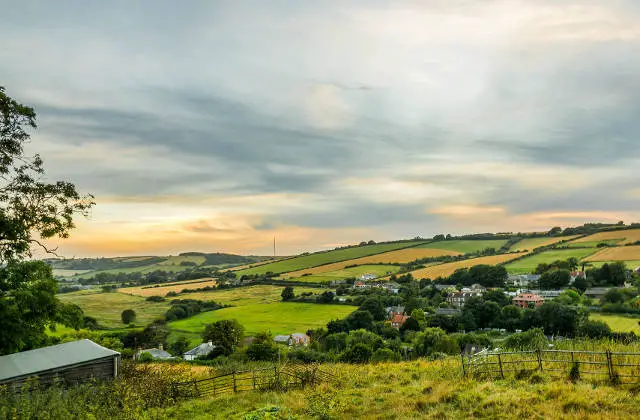Michael shares this latest news on behalf of the Country, Land and Business Association. Ed
Nearly a third of rural landowners are considering using less of their existing landholding for agriculture in the next 20 years, an exclusive CLA survey has revealed.
As 500 industry professionals gather in Westminster today (Thursday) to discuss the post-Brexit countryside with Defra Secretary Michael Gove, the CLA can reveal the results of a survey answered by more than 1,600 farmers and rural businesses.
Alternative uses
With 30% of respondents looking at using less of their land for traditional farming in the years ahead, alternative uses include recreation/visitor attractions, building housing and environmental enhancements.
Other key findings of the survey, which was completed by CLA members in England and Wales in October 2018, include:
- 54% are planning an investment to grow their businesses in the next five years, for example by becoming a wedding venue, setting up a glamping site, starting up a rural visitor attraction like a festival or a farm park or running a storage site.
- Of those planning to set up a new/grow an existing diversification plan, 46% want to do so because they expect less income from food production operations after Brexit.
- Only 21% of rural businesses have started making Brexit contingency plans.
Enterprising Countryside Charter
Meanwhile the CLA (Country Land and Business Association), which represents 30,000 landowners, farmers and rural businesses in England and Wales, is calling for Government to commit to a new Enterprising Countryside Charter.
Today’s CLA Rural Business Conference 2018 will examine how rural businesses and countryside communities are embracing change and how new policies are required to give them the ability to adapt and the confidence to flourish.
CLA President Tim Breitmeyer said:
“With Brexit fast approaching and the new Agriculture Bill going through Parliament, those of us living and working in the countryside should be ready for rapid and significant change. We have a thriving entrepreneurial and creative rural business sector which is up for the challenge and ready to make the most of the opportunities Brexit presents.
“Rural businesses currently invest around £13bn each year in, for example, new technologies, generating renewable energy, start-ups such as restaurants on farm, and vineyards. This business investment is crucial for local communities, creating new rural jobs, food production and the environment, and Government must not overlook it as plans are drawn up for post-Brexit Britain.
“By committing to the Enterprising Countryside Charter, Government can create a more positive environment for rural businesses giving them the confidence to make the new investments needed for a strong rural economy as we adapt to life outside the EU and well beyond.”
Post-Brexit rural business growth
The CLA’s “Enterprising Countryside Charter” comprises five policies essential to rural business growth post-Brexit:
Breitmeyer: Uncertainty over Brexit
Mr Breitmeyer said:
“Only 21% of rural businesses have started making Brexit contingency plans despite the far-reaching impacts anticipated for the countryside, reflecting the uncertainty many are feeling.
“However, transformation in farming, land management and rural business is also being driven by longer-term influences such as social change, the digital revolution, and the need to tackle climate change. Today is a crucial forum to come together with Michael Gove and discuss how our businesses and communities will adapt to ensure a strong future for the countryside and for all its vital contributions to our nation.”
The CLA Rural Business Conference is taking place today at the Queen Elizabeth II Conference Centre, Westminster. The keynote address will be given by Defra Secretary Michael Gove.
Image: © Les Lockhart





